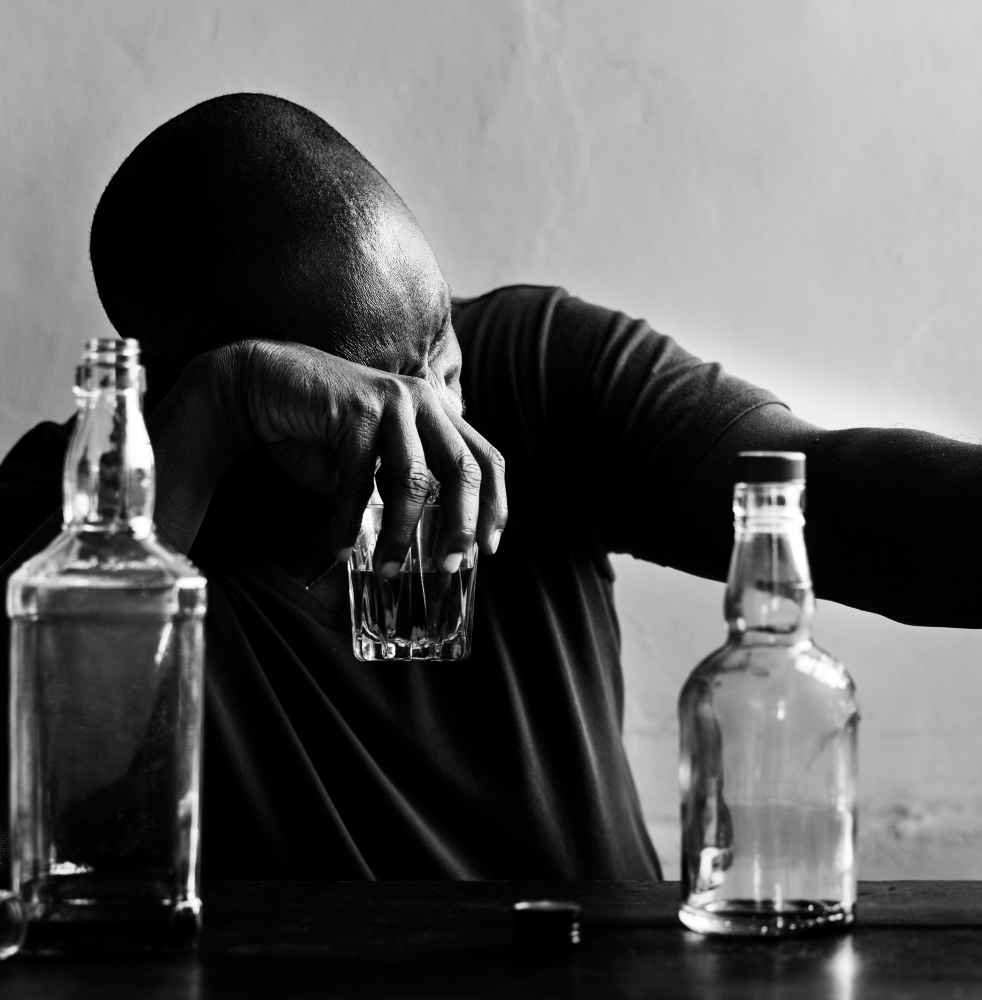Alcohol is responsible for health problems and injuries and contributes significantly to 40 specific diseases with increased risk and attribution of a significant part of preventable mortality and morbidity 1,2.
associated with alcohol consumption
alcohol consumption
The morbidity associated with alcohol consumption includes digestive, psychiatric, neurological, infectious (tuberculosis), cancer of various types, cardiovascular diseases (hemorrhagic stroke, heart failure, arrhythmias, cardiomyopathy), intentional injuries (aggressions, suicides), unintentional damages (traffic accidents), social pathology (addiction) and family problems 3.

In 2016, alcohol consumption was the seventh risk factor for deaths and loss of disability-adjusted life years globally. The same report indicates that the risk of mortality from all causes, and specifically from cancers, increases with increasing consumption, and the level of consumption that minimizes loss of health is zero.

Avoiding risky consumption should be emphasized and conveying to patients and the population that the most beneficial thing for health would be not to consume alcohol or to do so below low-risk limits and to avoid occasional intensive consumption.
- Reducing alcohol consumption is a priority and is one of the sustainable development goals of the United Nations, having sufficient evidence and consensus on which are the most effective policies to reduce it that are included in international strategies10 and national 11.
One of the most profitable policies, which includes the SAFER, is the intervention of health professionals in their consultations, facilitating access to screening, brief interventions, and treatment of problems caused by alcohol consumption.
In addition, it is important to consider that alcohol consumption is associated with social and health inequalities, so consuming alcohol is not only an individual decision but is also influenced by the conditions and circumstances in which people live (social determinants of health).
For this reason, in the consultation, risk factors and protective factors can be identified, considering the people’s environments and the specific needs of certain population groups. A community approach is essential to reach groups who do not frequent consultations
What Is The Brief Intervention In Risky And Harmful Consumption Of Alcohol?
The brief intervention (BI) in risky and harmful consumption of alcohol has as its objectives the reduction in alcohol consumption, the reduction of risky drinkers of alcohol, the reduction of harmful drinkers of alcohol, and the reduction of alcohol-related problems. The BI is based on cognitive-behavioral methodological elements but also the contributions of the motivational interview. The BI is a form of opportunistic intervention by the health professional (demand for attention other than alcohol consumption), carried out by a non-specialist professional, aimed at less serious problems caused by alcohol, with a less motivated patient, and in a short and unstructured manner. The effectiveness of BI depends to a large extent on the relationship established between the primary care professional and the patient, regardless of the professional who administers it (family doctors, nurses, psychologists).